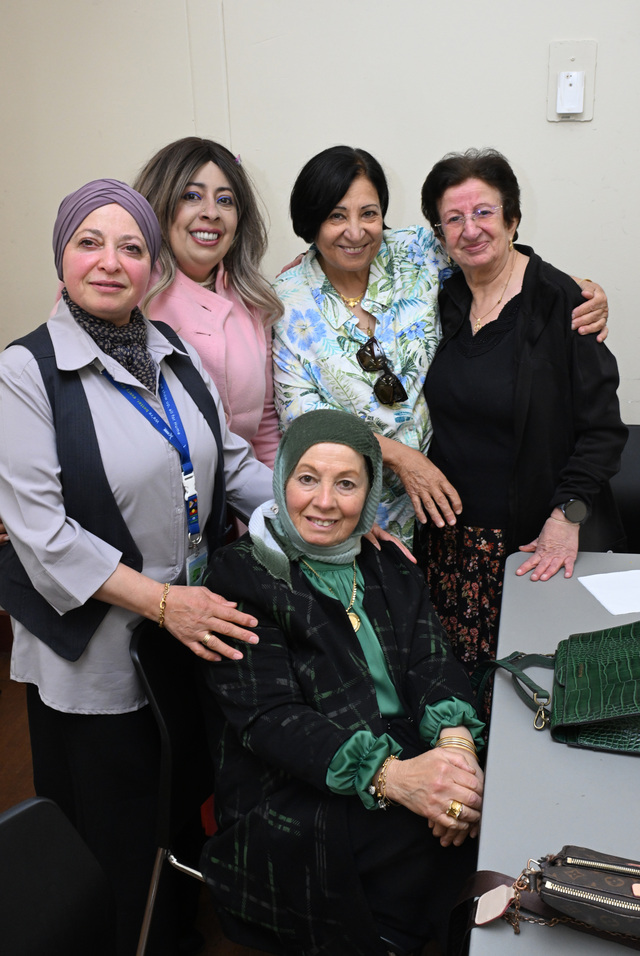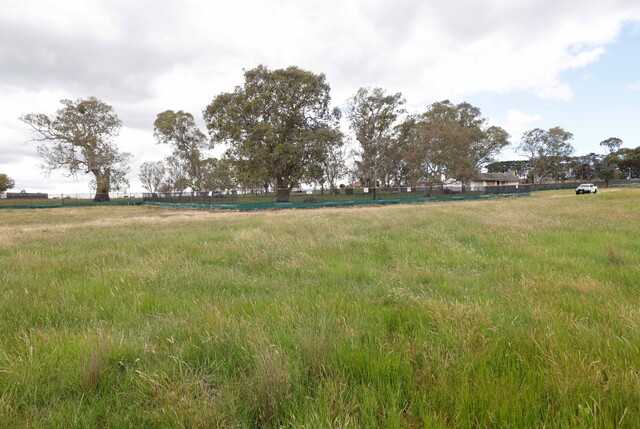Gaining entry into Melbourne’s top independent schools can be difficult, especially if your child is a boy. However, planning ahead and being realistic about your child’s abilities and interests can help.
Of Melbourne’s 50 most expensive private schools, only seven are boys’ schools, according to Regent Consulting’s Paul O’Shannassy. The rest are co-educational or girls-only.
For that reason, O’Shannassy says parents can find it harder to get their sons into top single-sex schools. “If you’ve got boys it’s a much tougher market,” he says.
Regardless of gender, O’Shannassy advises parents to register their child at three to four good schools soon after birth. “In some cases if you haven’t got them down in the first three to six months you’re in a lot of trouble,” he says.
Parents can also increase their chances
by enrolling in a school’s Early Learning Centre and continuing into primary and then high school.
O’Shannassy believes the ideal time to enter an independent school is grade 5. This gives families time to develop community links through their local primary school before settling into the new school in time for year 7.
When choosing a school, regardless of its prestige, a school must “fit” the student.
Do the school’s programs fit your philosophies and beliefs? Does its focus on sport, the arts or academic excellence suit your child’s interests and abilities? Does its size fit their personality?
O’Shannassy says parents should also be realistic when deciding whether to seek a scholarship because they will be competing against students literally groomed from birth. “You need to be confident that your kid is right up there with those kids,” he says.
Independent Schools Victoria chief executive Michelle Green says parents have a better chance of gaining a place in the junior years, because year 7 is more popular.
“Registering an interest at more than one school is a good idea, but usually the administration fee will not be refunded,”
she says.
Independent Schools Victoria surveyed 55,000 parents and the top reasons they chose a school were that it suited their child’s needs, had a good reputation and developed sound morals, values, beliefs and attitudes. “They were not necessarily looking for the ‘best’ school but rather the school that could best meet the needs of their son or daughter,” Green says.
Things to consider include a child’s character, personality, interests and aspirations, the subjects taught and how, whether a school is co-educational, its sports program, the arts and co-curricular activities; location and public transport are also important.
“As in many ‘purchasing’ decisions, word of mouth is important. Parents should talk to other parents with children at the school about the programs offered and examine schools’ websites,” Green says.
Scholarships are worth investigating, she adds, but parents need to consider how the child will cope with the pressure of meeting parental and school expectations. “Perhaps it might be better to wait to see how he or she is performing and, if genuinely talented, make a decision then.”






